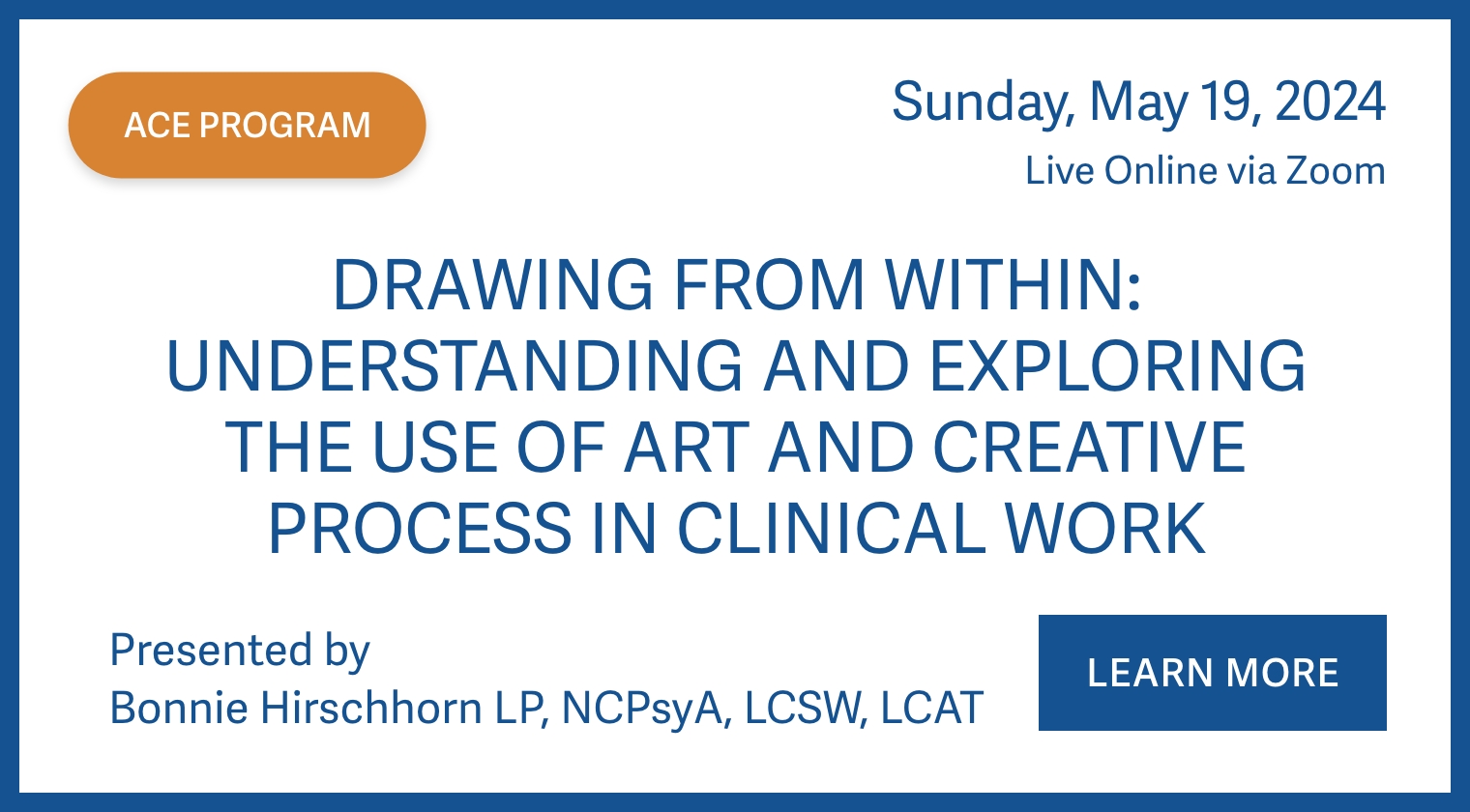
EARLY BIRD REGISTRATION IS NOW OPEN FOR THE 55TH ANNUAL EDUCATION CONFERENCE. LEARN MORE!
Stay Curious.
Explore Exciting Trends In Mental Health
Connect With Dynamic Presenters
Enjoy The Company Of Peers
Our high-caliber presentations feature accomplished educators who are authors, teachers, and working mental health professionals. We also strive to improve our offerings by actively engaging attendees and presenters about the issues they face in their offices with patients and outside the room as they navigate their clinical careers.